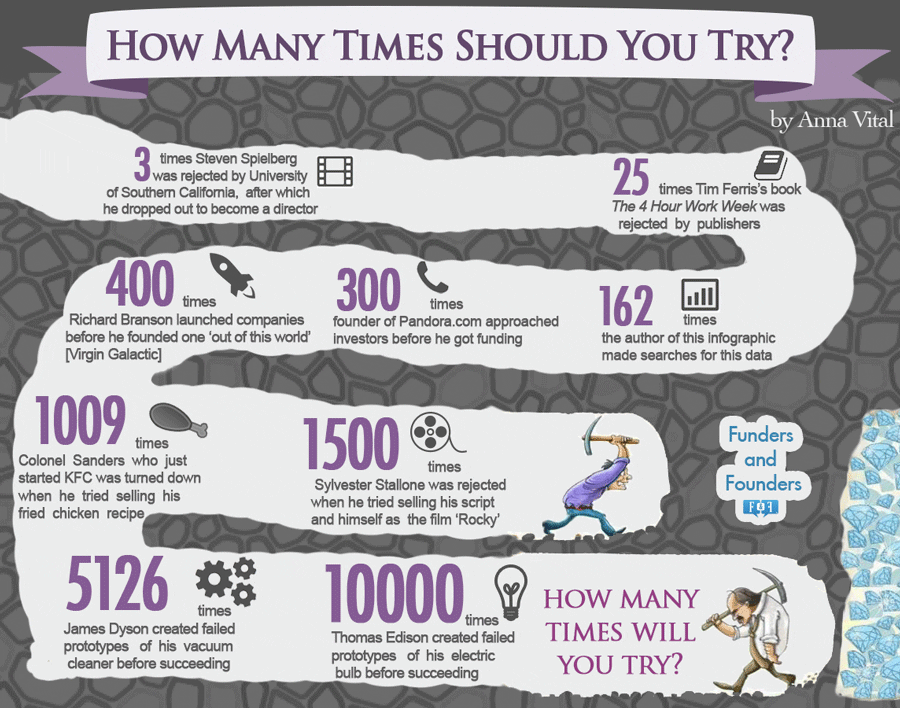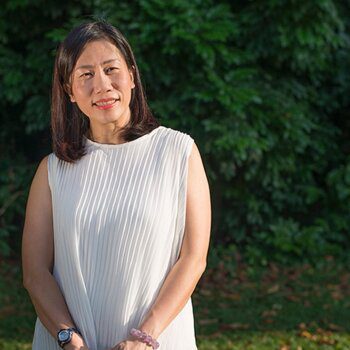Tencent Holdings Limited is the fourth largest Internet company after Google, Amazon and Ebay. It was founded by Huateng Ma and Zhidong Zhang in Shenzhen, Guangdong Province, China in the year 1998. After 16 years of developing its Internet service, in September 2013, Tencent’s market valuation rose to US$101 billion, just nine years after going public.
In Feb 1999, Tencent launched OICQ, its first instant message software. The founder, Ma and Zhang are the only two users when they first developed the program. To avoid problems because of the similarity between the name OICQ and the popular IM messenger ICQ, Tencent changed the name to QQ, which was passed on for 15 years. QQ is now the most pervasive instant message software in China. As of 20 March 2013, there are 798.2 million active QQ accounts, with a peak of 176.4 million simultaneous online QQ users. The business of Tencent spreaded from instant message to voice message, video chatting, online games, online music player and a lot more Internet services. To meet the demand of the growing mobile market, Tencent launched an app called Wechat, enabling users to use voice messages to contact each other in2011. And surely people could easily find their contacts on QQ while using this service. The large user foundation almost ensured the success of Wechat. In March 2012, 433 days after the launch of Wechat, its registered user number reached 100 million. Half a year later, it became 200 million. Four months later, the number rose to 300 million. As of Jan. 2014, the registered user number of Wechat has reached 500 million in China. The International registered user number has reached 100 million, too.
Moment, the place where Wechat users could share texts, photos, videos and content from other third parties software, are now slowly taking the place of Sina Weibo, known as Chinese Twitter, to be the place where Chinese people communicate with their friends and family.
What about the information and news? Wechat launched its new service, official account, in 2012. The official account could be managed and operated by private personals and could reach a vast number of audiences through this service. The official account is under the restriction of only being able to send out one message per day. The range of the accounts varied from technology, poetry to picture sharing and to my surprise, fortune telling. The official account makes it extremely easy for almost everyone to be a part of the “we media” and is crucial in Wechat’s way to transform from one-on-one instant message app to a media platform.






























